No nation could preserve it's freedom in the midst of continual warfare
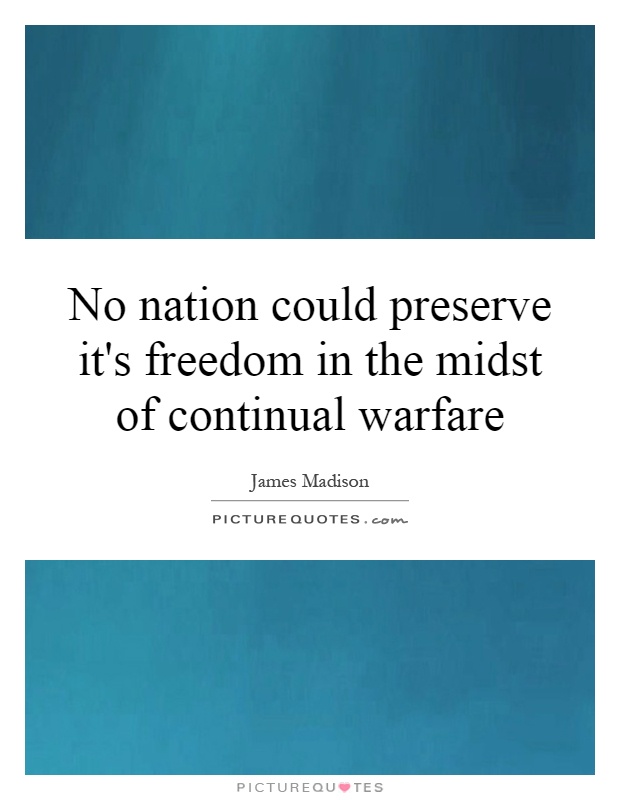
No nation could preserve it's freedom in the midst of continual warfare
James Madison, the fourth President of the United States and one of the Founding Fathers, was a staunch advocate for peace and diplomacy. He believed that no nation could preserve its freedom in the midst of continual warfare. This belief was rooted in his understanding of the destructive nature of war and its impact on a nation's ability to govern itself effectively.Madison's views on war were shaped by his experiences during the American Revolutionary War and the War of 1812. As a young man, he witnessed firsthand the devastation and suffering caused by armed conflict. He saw how war could tear apart communities, destroy economies, and undermine the very foundations of a society. This experience left a lasting impression on Madison and influenced his approach to foreign policy as President.
Madison believed that war should be a last resort, used only when all other options had been exhausted. He understood that war was a costly and risky endeavor that could have far-reaching consequences for a nation's future. He believed that the best way to preserve freedom and protect the interests of the United States was through diplomacy, negotiation, and peaceful resolution of conflicts.
Madison's commitment to peace was reflected in his efforts to avoid unnecessary conflicts and promote international cooperation. During his presidency, he worked to establish diplomatic relations with other countries, negotiate treaties, and resolve disputes through peaceful means. He believed that by engaging in dialogue and building relationships with other nations, the United States could avoid the pitfalls of war and secure its freedom and prosperity.
Madison's belief that no nation could preserve its freedom in the midst of continual warfare remains relevant today. In a world marked by ongoing conflicts and geopolitical tensions, his words serve as a reminder of the importance of diplomacy, cooperation, and the pursuit of peace. As we navigate the challenges of the 21st century, we would do well to heed Madison's wisdom and strive to build a more peaceful and secure world for future generations.
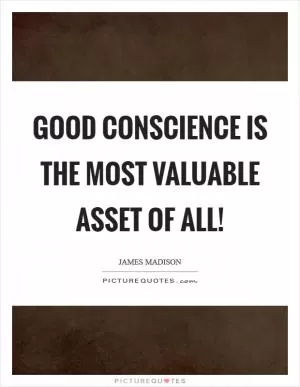
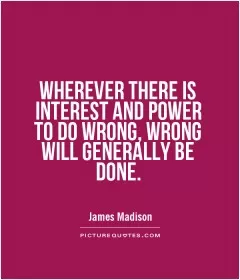
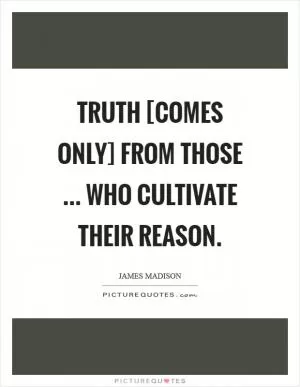
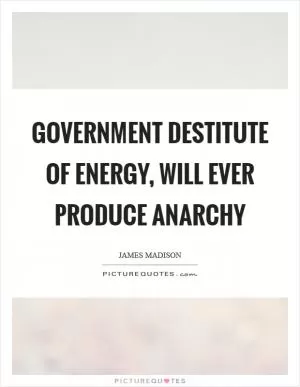
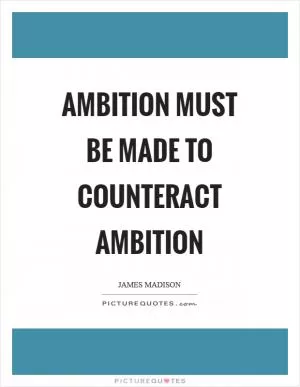
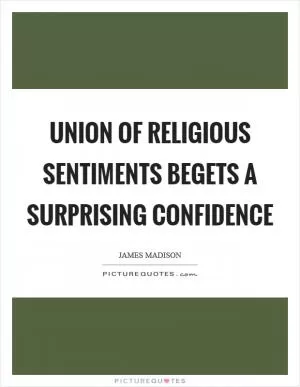
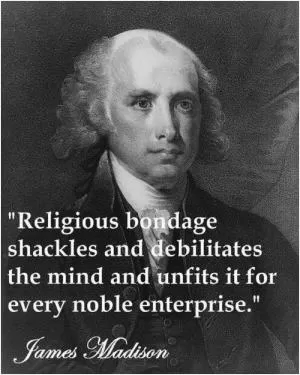
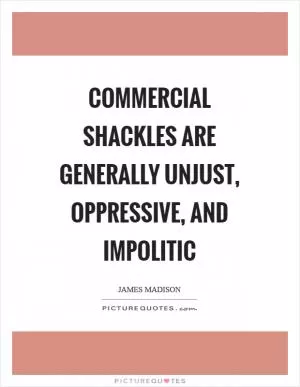
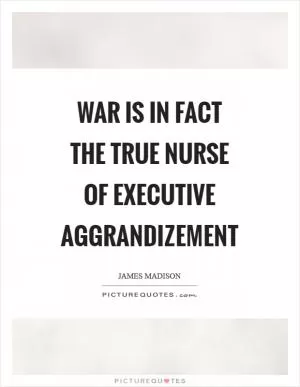
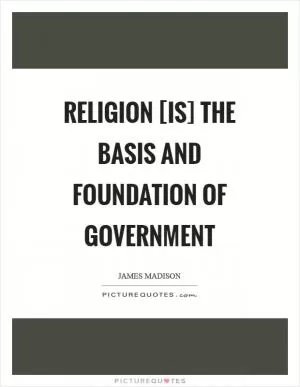
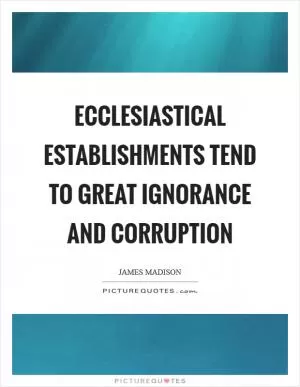
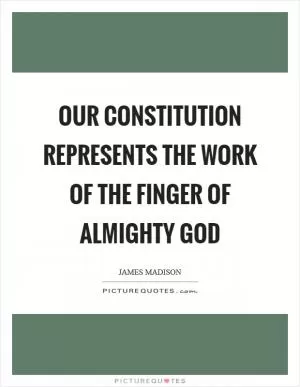
 Friendship Quotes
Friendship Quotes Love Quotes
Love Quotes Life Quotes
Life Quotes Funny Quotes
Funny Quotes Motivational Quotes
Motivational Quotes Inspirational Quotes
Inspirational Quotes